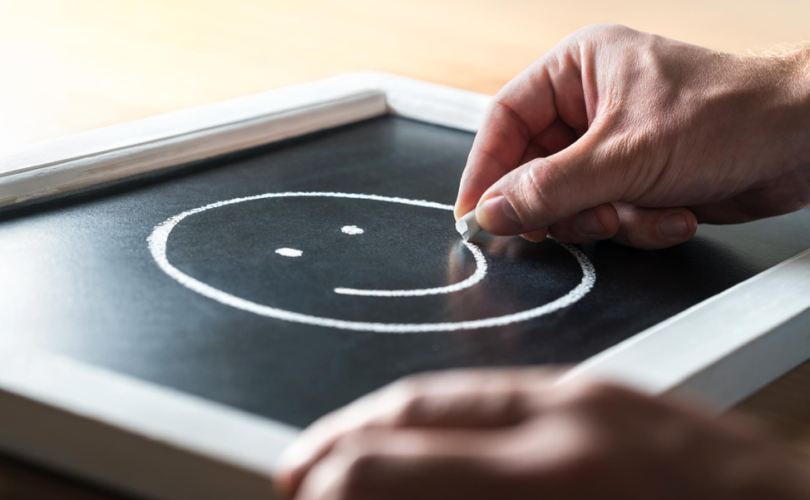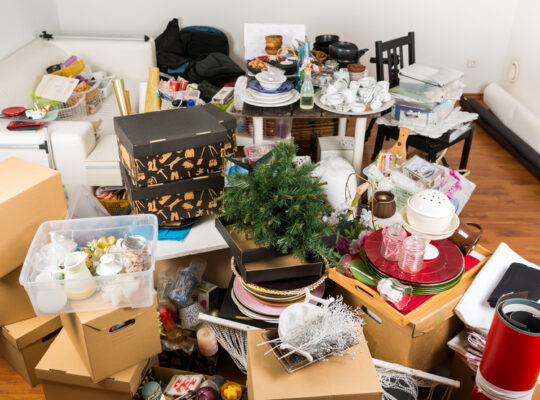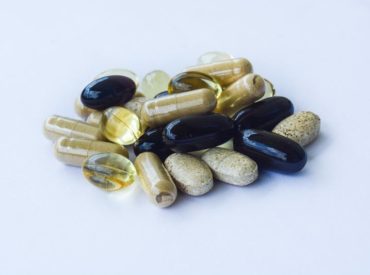Everybody has good days and bad days. Some days are filled with sunshine and happiness while other days may seem gray and rainy. So, what happens when your days seem to be filled with more sadness than happiness? When you feel like you can’t get out of bed or motivate yourself to do anything at all? You could be depressed.
What is Depression?
Depression, also known as major depressive disorder, is a medical condition that causes patients to feel prolonged feelings of sadness and hopelessness. In other words, you feel sad in such a profound way that it keeps you from doing the activities you once enjoyed and functioning in a normal way. Major depressive disorder negatively impacts daily life for many people in the world. There are several classic symptoms of depression. As previously mentioned, persistent feelings of sadness can indicate clinical depression. Additionally, you may experience several other symptoms such as a change in your behavior, lowered self-esteem, loss or gain of appetite, and even changes in your sleeping patterns. Those who suffer from depression can also have trouble concentrating as their thoughts are elsewhere. Depression is airly common, with 7.1% of US adults and 13.3% of US teens experiencing a major depressive episode in 2017. Depression is more likely to affect women than men, and, for adults, those between 18-25 are the most likely to suffer a depressive episode.
Causes
As a branch of mental illness, depression has a somewhat mysterious origin. In its simplest sense, depression is a chemical imbalance, but it isn’t a simple as having too much or too little of certain chemicals in your brain. There are biological and psychological sources that can predispose someone to developing depression. Scientists have actually identified genes that can make you more likely to experience low moods or how you respond to medication. It has also been shown that the hippocampus is smaller in individuals who suffer from depression, which can also be linked to high stress. There are also some theories out there that depression is more related to the slow production of neurons than the lack of neurotransmitters, which could explain why it takes some time for medication to take effect. Some studies have theorized that depression could even be a hereditary disease. Unfortunately, social stresses can dramatically increase the odds of developing depression. For example, many individuals feel extreme depression after the death of a loved one. Major depressive disorder can also have other causes. There are several different health conditions that are commonly linked to depression. Both physical and mental illnesses lend a hand to developing depression as patients consider their problematic conditions. Strokes are an illness that leads many people to experience depression. Some other disorders may include heart disease, extreme chronic physical pain, cancer, and anxiety.
Ways to Combat Depression
Depression cloaks patients with a feeling of sadness and uselessness. Many people choose to just accept the ever-lasting gray skies as their way of life. However, there is hope and help for everyone who lives under this treacherous illness. Doctors often prescribe antidepressants to help patients who live with depression, but medication alone is not always the best solution. TMS is a treatment that stimulates your brain that could be effective in treating depression.
Patients also need to address their mental, physical, and spiritual well-being if they are going to fully combat depression. For many people, holistic solutions such as massage, meditation, yoga, and acupuncture are the best answer. If possible, you should combat your depression with healthy lifestyle choices, such as exercising, socializing with others, eating proper meals and getting enough sleep each night. Those can all seem overwhelming when in the middle of depression, so start forming those habits when you are feeling a little better and prepare for when you might be struggling. Things like meal prep, and exercising with a friend can be helpful for keeping things up. It is also important to do what you can and not give up. Even if you don’t feel like getting out of bed, try to make it outside for at least 5 minutes. If taking a shower and getting ready is overwhelming, brush your teeth and spray some dry shampoo in your hair. A little bit is better than nothing and it will help you feel better too.
Depression can be a debilitating condition for many people. You may lose interest in your favorite activities or even have changes in your ability to concentrate, but there is hope for recovery. If you are feeling depressed, there are many ways to combat the disease by approaching it holistically. Everyone deserves to feel happy, so don’t let depression keep you down! Act to be your happiest self. Learn about your condition, set healthy habits, seek treatment and support, and keep your chin up. You aren’t the only one out there who feels like this and you don’t have to feel this way forever.






